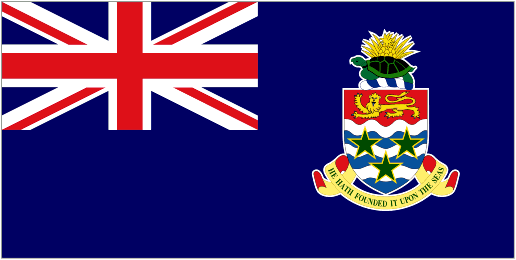
Introduction to Cayman Islands Companies
This article discusses Cayman Islands company registration. We also talk about establishing a Cayman bank account.
The Cayman Islands were once part of the British Empire as a colony and then became a British Overseas Territory. English is the primary language in the Caymans. English common law has always been the standard for its judicial system. Many people know the Cayman Islands as a tax haven because it has no income taxes. Plus, it has an easy process for offshore incorporation. The Cayman Exempted Company has become a very popular choice for foreign businesspeople to hold offshore bank accounts because of the privacy and Cayman tax-free benefits.
Cayman Islands corporations operate under the Companies Law of 1961. Their corporate laws attract international business and numerous offshore investors choose to incorporate in their jurisdiction. Incorporating in the Cayman Islands is attractive to many. This is because it has a very well developed and stable economy. This includes support from trust companies, lawyers, banks, insurance managers, accountants, administrators, and mutual fund managers. Furthermore, companies can find local support services to aid them.
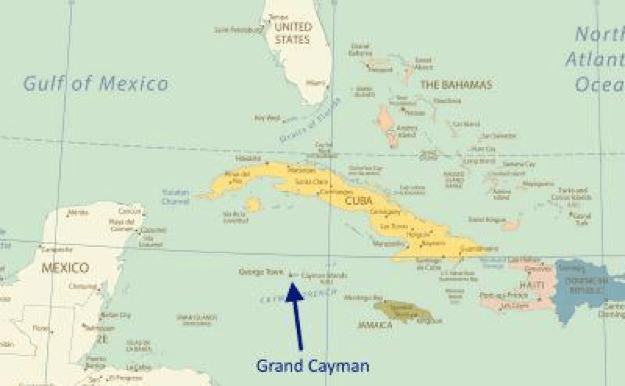
Benefits of a Cayman Islands Company
Why do companies incorporate in Cayman Islands? There are many reasons why foreign investors choose the Cayman Islands for incorporation. Some of the benefits which Cayman corporations receive include:
- Stability: The government has always been stable and the economy has remained strong due to its popular banking system, offshore corporations, and tourism.
- White Listed: Unlike many other so-called “tax havens,” the Cayman Islands follows international tax regulations. This which has kept the Financial Action Task Force and the international Organization for Economic Co-operation and Development (OECD)them from placing the Caymans on their black list.
- Fast Incorporation: The Incorporation process can only take one day. That’s because there is no requirement for government regulatory authority approval. In addition, their initial corporate registration and annual renewal fees are low we compare them to other jurisdictions.
- Flexibility: Forming a Cayman Islands corporation provides options for flexibility. For instance, corporate directors and officers do not have to be legal residents.
- Privacy: We do not need to file or register private documents with the Cayman Islands government. This includes corporate documents related to conducting business. Examples are the register of shareholders or meeting minutes. Thus, one can store them anywhere in the world. In addition, there is no requirement to have an annual shareholder meeting or an annual audit. The Register of Directors and Officers or the Register of Shareholders are not open to public viewing. Furthermore, company accounts remain private in this jurisdiction.
- No Upfront Capital: Many countries require a (sometimes large) deposit of authorized capital into a bank or in escrow before incorporating. The Cayman Islands do not have a capitalization requirement.
- No Shares Transfer Tax: When the corporation transfers shares to third parties there are no taxes or duty stamps, unless the shares are related to real estate investments.
- Mergers Allowed: Cayman Islands statutes allow mergers with other corporations either in the Cayman Islands or in other countries. The final merger can result in that corporation to exist in any jurisdiction. Merging corporations often choose to remain in the Cayman Islands jurisdiction doe to the many benefits offered.
- Single Director: Cayman Islands corporate law allows for a one-director and one-shareholder company. Thus, be the same person or entity can hold both directorship and ownership. That is, the law allows a one-person company. The law does not require any other directors (including a resident director), shareholders, or officers.
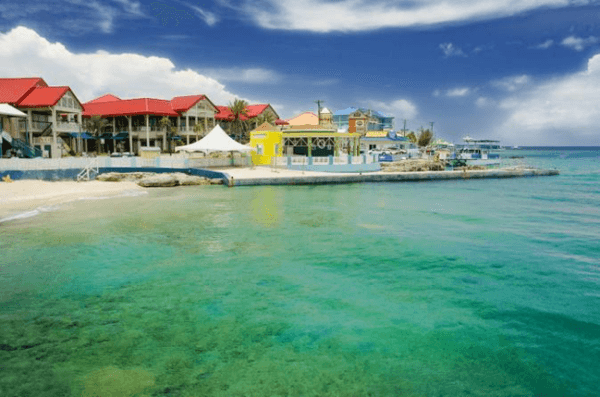
Legal Information
Cayman Corporate Name
Naming your Cayman Islands corporation requires being aware of the restrictions that come along with this process. Your corporation name needs to be unique and cannot be similar to the name of another corporation. Also, unless you have a license to do so a company can contain no wording that mentions royal patronage like “bank,” “insurance,” “trust,” “chartered,” “assurance,” “mutual fund,” “company management,” or “Chamber of Commerce”. So, before starting your incorporation process, make sure to check that your name selections are both available and usable.
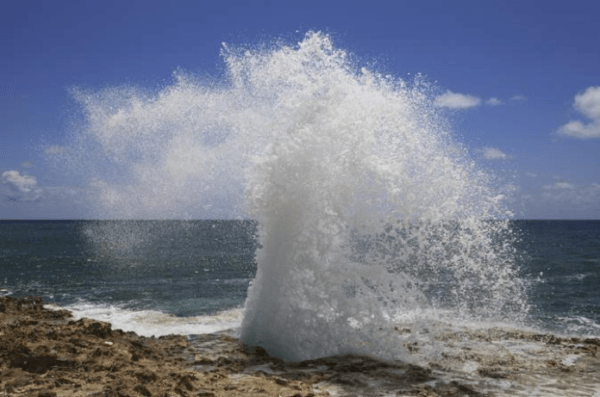
Cayman Island Registered Agent and Registered Office
In order to form a corporation in the Cayman Islands, here is what you need. You need a Cayman Islands registered agent and registered office. We include these items automatically with the service of forming your company. This company has established tens of thousands of offshore companies since 1906. You can obtain information by using the telephone numbers or inquiry form on this page.
Shareholders
To incorporate in the Cayman Islands, you need a minimum of one shareholder. This can be a person or another company or trust.
Directors and Officers
At least one director is required for incorporation in the Cayman Islands. Resident directors and secretaries are not required for incorporation.
Authorized Capital
The Cayman Islands requires no minimum authorized capital shares.
Taxes
Profits and distributions to shareholders along with exchanging shares are not taxable either to the corporation or the shareholder. There is no withholding of taxes. In addition, there are no estate, gift, or inheritance taxes levied on corporate share transfers.
Annual Fees
Annual registration fees for Cayman Islands corporations according to the Cayman Islands registrar of companies fee schedule cost $750 USD as of this writing. There are additional fees for the registered agent that are required.
Public Records
Public access to records in The Register of Directors and Officers or the Register of Shareholders is prohibited. Shareholder and director names remain private in the Cayman Islands.
Accounting and Audit Requirements
Annual returns must be filed yearly in the Cayman Islands. However, there is no requirement for corporations to submit financial records when filing annual returns.
Annual General Meeting
An annual general meeting is required for corporations operating in the Cayman Islands. These meetings do not need to be held locally, and companies may hold their meetings anywhere in the world.
Time Required for Incorporation
Once you have completed the process of registration, the turnaround time to receive a certificate of incorporation is anywhere from one to four days, depending on the documentation and registration turnaround time.
Shelf Corporations
In the Cayman Islands, shelf companies are available to investors wishing to incorporate faster.
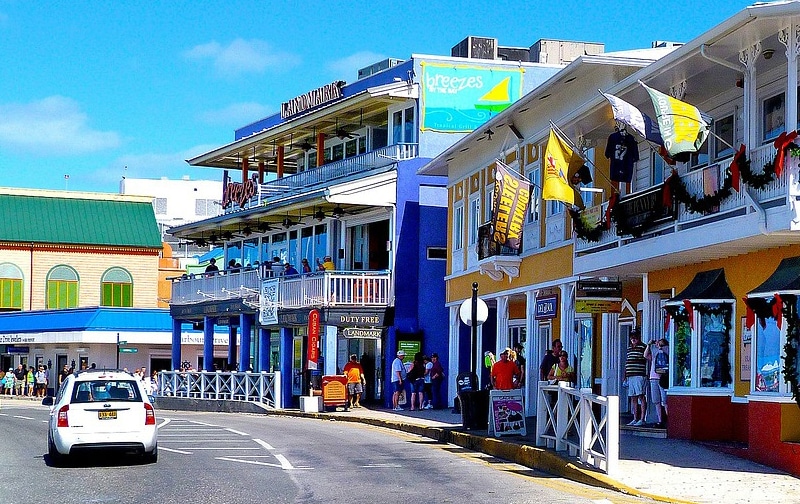
Cayman Bank Account
Along with your Cayman company registration, we can also open a Cayman bank account for your company. The minimum deposit, as of this writing, for a foreigner opening a Cayman Islands bank account is $10,000 to $100,000, depending on the bank. Keep in mind, you can have a Cayman company and a bank account in another country. So, if you want to deposit less than that amount, we can open a bank account for your Cayman corporation in another country that allows lower deposit amounts. There are several relationships we have with banks in the Caribbean and as well as other regions.
So, if you want a Cayman bank account or just a company and a banking relationship in another country, reach out and we can help. You can complete a consultation form on this page or call us at one of the numbers above.
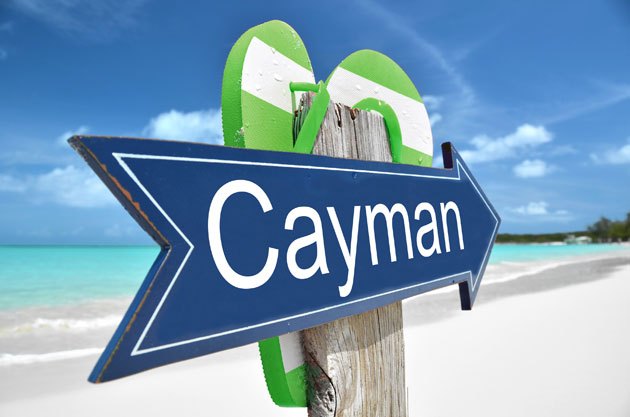
Conclusion
The law governing Cayman Islands Corporations has been in existence since 1961. The Cayman Islands are a British Overseas Territory where English is the native language.
The Cayman Islands offer their corporations many benefits including political & economic stability, fast incorporation, low registration fees, and the ability to own a corporation as the sole shareholder and director.
Privacy is one of the biggest benefits with a Cayman Islands corporation as no financial records or shareholder’s names are registered with the government, there is no public access to The Register of Directors and Officers or the Register of Shareholders.
We have been around since 1906. There are experienced personnel who can answer your questions. All you need to do is complete a free consultation form on this page. Alternatively, you can call one of the phone numbers listed above.





